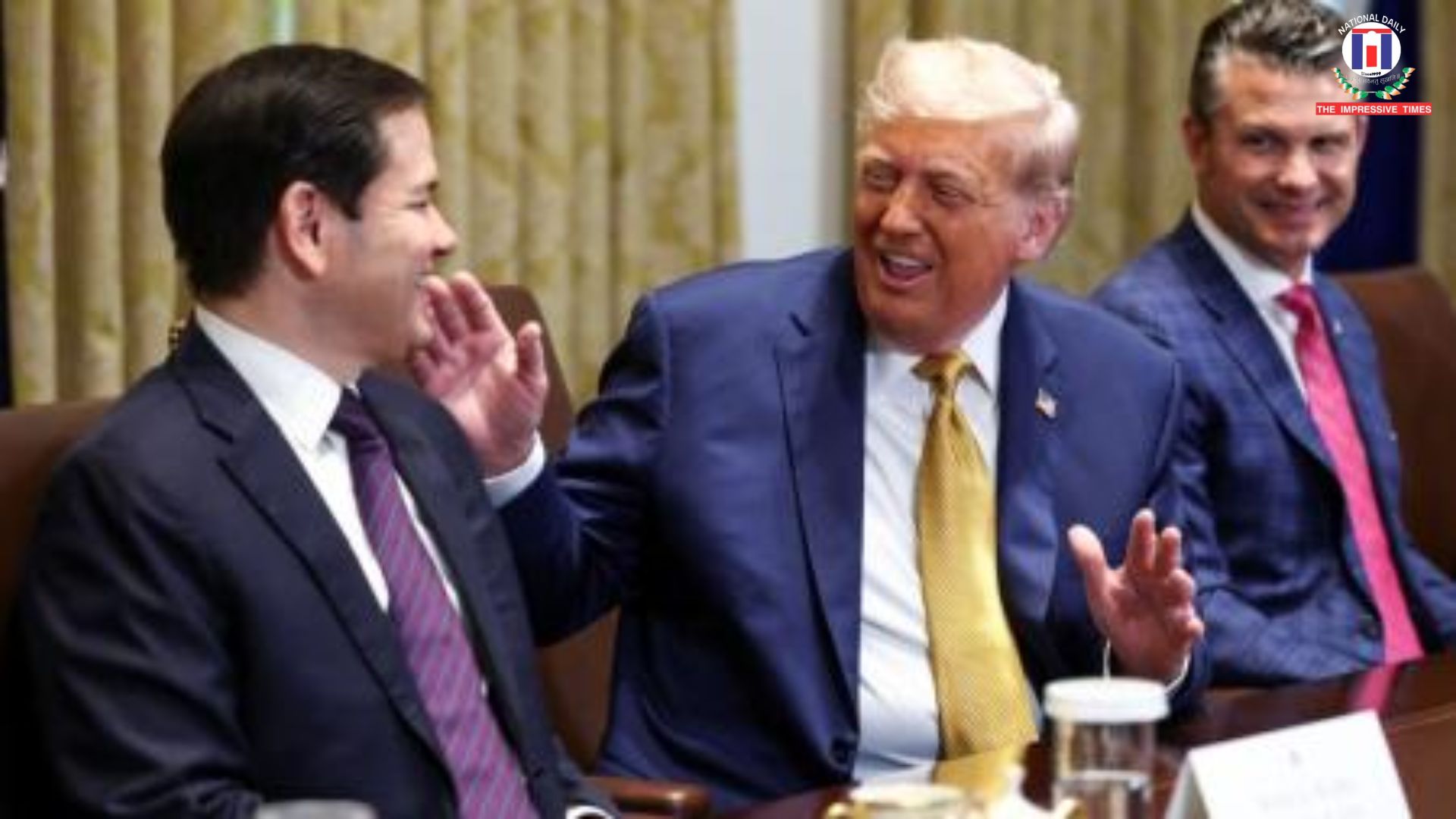
In a striking statement, U.S. Senator Marco Rubio credited former President Donald Trump with preventing and ending a potential war between India and Pakistan during his term. Speaking on a U.S. media platform, Rubio highlighted Trump’s “strong diplomacy” and behind-the-scenes efforts that, according to him, defused rising tensions in South Asia.
The claim appears to refer to the 2019 post-Balakot airstrike standoff, during which the U.S. reportedly played a diplomatic role in de-escalation.
Rubio’s remarks come amid increasing focus on Trump’s foreign policy record as the 2024 U.S. election cycle heats up.
“Donald Trump prevented and ended a war between India and Pakistan,” Rubio stated, referring to rising tensions in the region during 2019.
While Rubio didn’t mention specific events, his comments are believed to reference the India-Pakistan military standoff following the Pulwama terror attack and subsequent Balakot airstrikes. At the time, both nuclear-armed nations appeared on the brink of conflict, and backchannel diplomacy — including appeals from the U.S. — reportedly contributed to a quick de-escalation.
During the standoff, Trump had publicly acknowledged that the U.S. was “mediating” behind the scenes to calm tensions between New Delhi and Islamabad.
Rubio’s statement comes at a time when foreign policy achievements are under renewed scrutiny, as Trump seeks a return to the White House. The senator praised what he called Trump’s “no-nonsense leadership style” and claimed it contributed to regional and global stability.
While Indian and Pakistani officials have not commented on Rubio’s latest remarks, past reports from international media, including Reuters and the New York Times, noted that the U.S. and other powers did urge restraint during that tense period.
The comment has sparked debate on social media, with some users praising the diplomatic intervention and others questioning the extent of U.S. involvement in resolving subcontinental conflicts.
As the 2024 U.S. presidential campaign heats up, such statements may become part of broader discussions about America’s role in global conflict resolution and Trump’s foreign policy legacy.





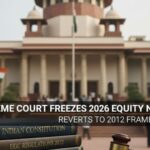
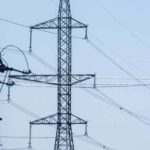








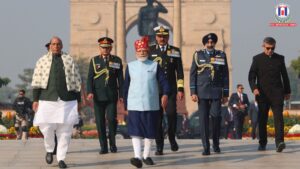
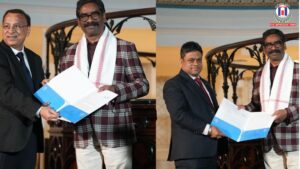

No Comments: